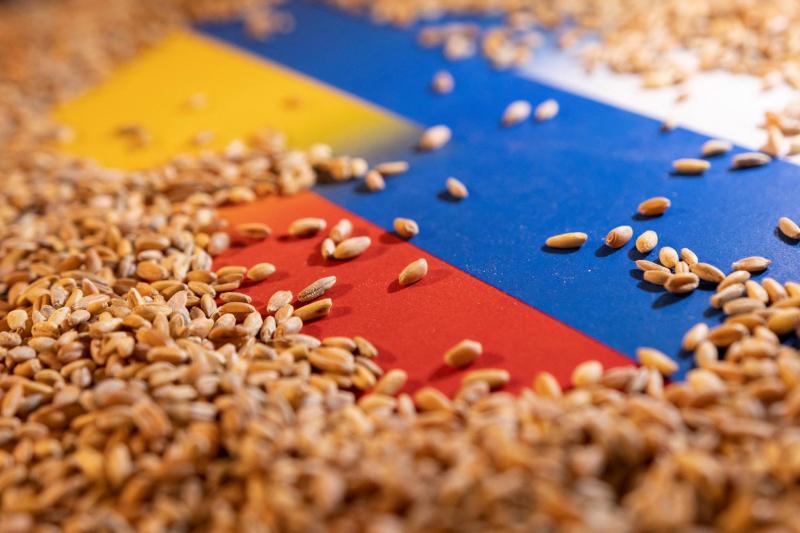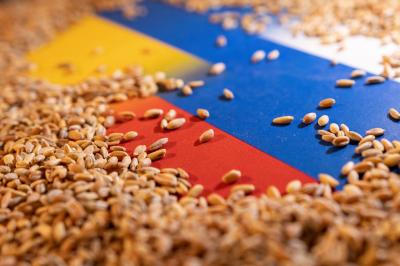The UN's chief trade official confirmed that the organization is collaborating with the African Export-Import Bank to create a platform to help manage transactions related to Russian exports of grains and fertilizers to Africa.
An agreement reached in July of last year mandates the UN to assist Russia in overcoming any obstacles to its grain and fertilizer exports for a period of three years. This was established concurrently with a deal allowing for the safe export of food and fertilizers from Ukraine via the Black Sea following Russia's invasion of the country in February 2022. Both agreements aim to alleviate a global goods crisis that the UN has stated has been exacerbated by the war, as both countries produce grains and fertilizers for global markets, especially in Africa and the Middle East.
Rebecca Greenspan, who leads the implementation of the agreement between the UN and Russia, stated in an interview, "We have not passed the difficult turn," and described the Black Sea agreement and the UN-Moscow deal as "a lifeline for food security" around the world.
The Black Sea agreement was extended last week for the third time after Russia agreed to continue it for another two months. However, it had threatened to withdraw unless a list of demands aimed at improving the situation for its food and fertilizer exports was met.
Russian agricultural exports are not subject to the Western sanctions imposed on Moscow due to its invasion of Ukraine, but Russia claims that there are restrictions on payments, logistics, and insurance, with a broader chilling effect from those measures. The US and other countries have rejected Russia's complaints.
Greenspan mentioned that she is working with the African Export-Import Bank in an effort to help small and medium-sized countries in Africa cope with trade disruptions and access Russian grains and fertilizers through "more flexible transactions."
She added, "We are working with them (the African Export-Import Bank) and creating a platform that allows for greater flexibility in due diligence procedures with customers to comply with sanctions, while permitting food and fertilizer transactions with Africa."
The European Union disconnected the Russian Agricultural Bank from the international payment network (SWIFT) in June. Russia wants it reconnected to the network, but the EU has stated it is not considering reinstating Russian banks. As an alternative to SWIFT, JP Morgan Chase & Co has processed some payments for Russian grain exports, according to sources last month, and could handle dozens of other transactions. However, Russia rejected this and deemed it unsuitable in the long term.
About 260,000 metric tons of Russian fertilizers are stuck in several European ports. Moscow has stated that the fertilizers will be donated to countries in need. The UN helped arrange the release of the first two shipments to Malawi and Kenya. Greenspan indicated that others are slated for delivery to Nigeria and possibly to Sri Lanka and South Africa.




